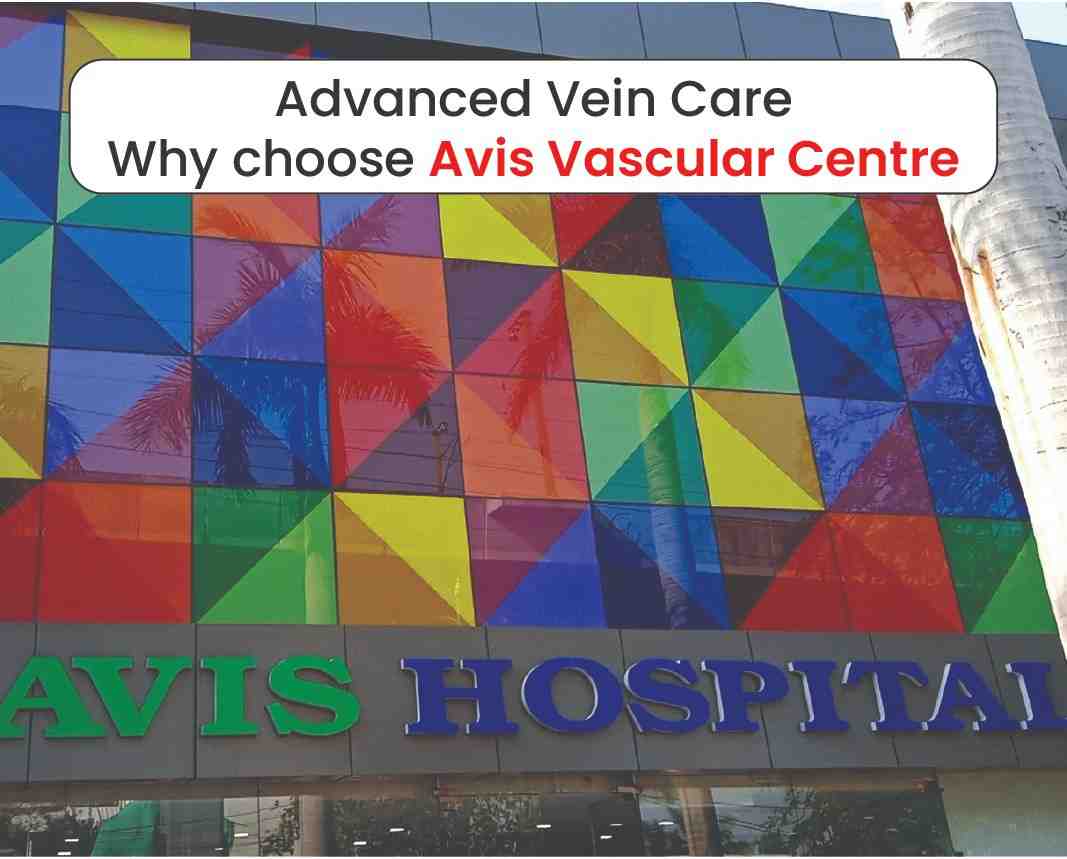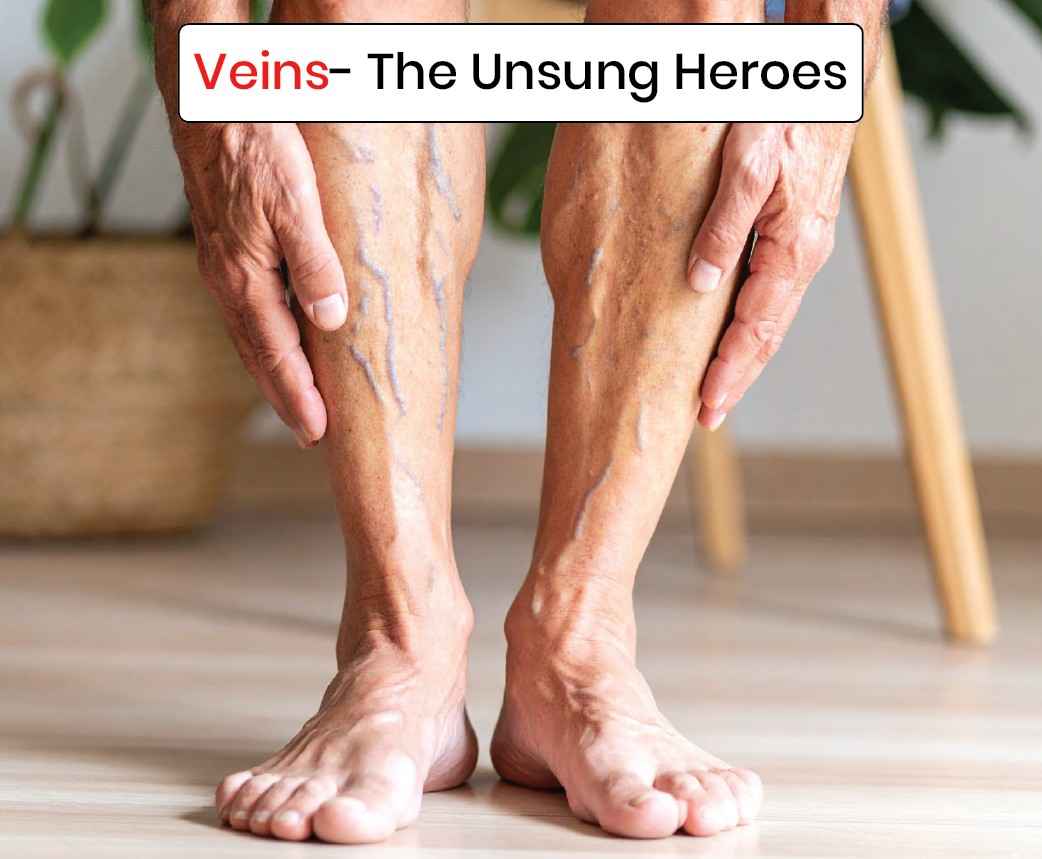Dealing with vein conditions such as varicose veins, spider veins, and deep vein thrombosis requires careful consideration when choosing the right hospital for treatment. Not all hospitals are equipped with the specialized tools or expertise needed to offer the latest, most effective treatments. Many hospitals still rely on outdated methods that can involve invasive surgeries and lengthy recovery periods. However, specialized facilities like Avis Vascular Center are revolutionizing vein care through minimally invasive interventional treatments that are faster, safer, and more effective. Here’s why Avis Vascular Center is the top choice for anyone seeking advanced vein treatment solutions.
Understanding the Importance of Interventional Treatments
Interventional treatments have transformed the way vein issues are treated. Rather than using traditional surgical techniques that involve large incisions and long recovery times, interventional treatments utilize small punctures or catheters guided by advanced imaging technologies. These procedures allow doctors to treat vein problems with precision, targeting only the affected areas, which results in less pain and quicker recovery for the patient.
By opting for these modern treatments, patients can avoid the risks associated with more invasive methods and return to their normal activities much sooner. This is one of the main reasons why interventional treatments have become the gold standard in vein care.
Why Choose Avis Vascular Center?
While many hospitals offer some form of vein care, they often lack the specialized equipment and expertise needed for the most advanced interventional treatments. Avis Vascular Center is fully dedicated to providing cutting-edge vascular care, with a focus on minimally invasive procedures that ensure patients experience the best outcomes possible.
Specialized Procedures at Avis Vascular Center
Avis Vascular Center offers a range of interventional treatments designed to treat various vein conditions, including:
- Endovenous Laser Ablation (EVLA): A highly effective procedure for treating varicose veins, EVLA uses laser energy to close off damaged veins, allowing blood to reroute through healthier veins. The minimally invasive nature of this treatment means patients experience less discomfort and quicker recovery times compared to traditional surgeries.
- Cryo Laser and Cryo Sclerotherapy (CLaCS): CLaCS combines laser technology with augmented reality to precisely treat spider veins and smaller varicose veins. This cutting-edge procedure offers patients a comfortable and effective treatment option, with minimal downtime.
- Radiofrequency Ablation (RFA): RFA uses radiofrequency energy to treat varicose veins by heating and closing off damaged veins. This procedure is performed using ultrasound guidance, ensuring high accuracy and safety.
These procedures are performed by experienced specialists at Avis Vascular Center, trained in the latest techniques to deliver exceptional results.
Expert Team Led by Dr. Rajah Koppala
At the heart of Avis Vascular Center’s success is its highly skilled medical team, led by Dr. Rajah Koppala. With over 26 years of experience in vascular treatments and over 40,000 successful procedures, Dr. Koppala is an internationally recognized expert in interventional radiology. His leadership and expertise have made Avis Vascular Center one of the most trusted names in vein care.
Dr. Koppala’s commitment to using the latest technology and his dedication to patient care ensure that every patient receives personalized, high-quality treatment. Under his leadership, Avis Vascular Center has consistently maintained a success rate of over 98%, providing patients with the best possible outcomes.
State-of-the-Art Facilities
Many hospitals lack the necessary equipment for advanced vein treatments, leaving patients with limited options. Avis Vascular Center is fully equipped with state-of-the-art technology that allows for precise diagnoses and advanced treatments. With more than 20 branches across India, each center is designed to deliver the highest standard of care.
From diagnostic imaging to minimally invasive procedures, Avis Vascular Center’s advanced facilities provide a comprehensive range of services. This ensures that patients receive world-class care without the need to visit multiple facilities for their treatment.
Personalized Patient Care
Avis Vascular Center is committed to offering patient-centered care. Each treatment plan is tailored to the individual needs of the patient, ensuring the best possible results. The staff takes the time to explain each procedure, answer any questions, and ensure patients are comfortable and informed throughout their treatment.
This compassionate approach has earned Avis Vascular Center numerous positive reviews from satisfied patients, who appreciate the care and attention they receive. By prioritizing patient comfort and individual care, Avis ensures a positive treatment experience from start to finish.
When it comes to vein care, choosing the right hospital is critical for effective treatment and fast recovery. Avis Vascular Center’s focus on interventional treatments, state-of-the-art technology, and patient-centered care makes it the ideal choice for anyone seeking advanced vein care. With a proven track record of success and an expert team led by Dr. Rajah Koppala, Avis Vascular Center continues to lead the way in innovative vein treatments. For more information, visit avisvascularcenter.com and take the next step toward better vein health.


